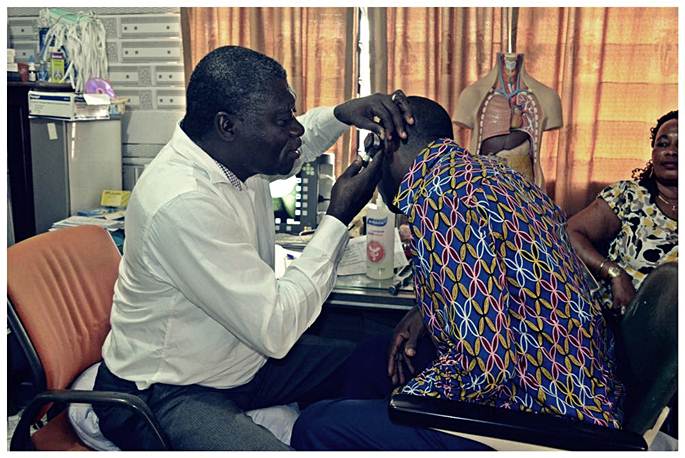Any number of conditions can cause this sensation of fullness.
One possibility involves altitude-related air-pressure changes, which can produce symptoms such as clicking or popping in the ears, ear pain or blockage, and even temporary hearing loss.
Normally the eustachian tube, a narrow passageway from the ear to the back of the throat, helps keep pressure in the ear relatively equal. When external pressure changes quickly, however — like in air travel — your body might need a little extra help to get the ears back on track.
— In this case, yawning, swallowing, chewing gum, or sucking on your favorite hard candy before the plane ascends or descends can help the eustachian tube equalize air pressure inside the ear. Holding your nose, closing your mouth, and softly blowing without exhaling air may also help — as long as you don’t have a sinus infection.
Other possible causes of ear congestion can include ear infection, head trauma, or a case of the common cold. Conditions such as Ménière’s disease are also potential contributors, making it important to seek a complete ear evaluation if you experience any fullness in one or both ears lasting more than a couple days or accompanied by ear pain, discharge, or ringing; balance issues; dizziness; or headaches.
Our caring experts can help you keep your hearing health in top shape, so don’t wait. Contact us to schedule a full examination, get answers to your questions, or discuss your hearing-health concerns today. We’re here to help!

